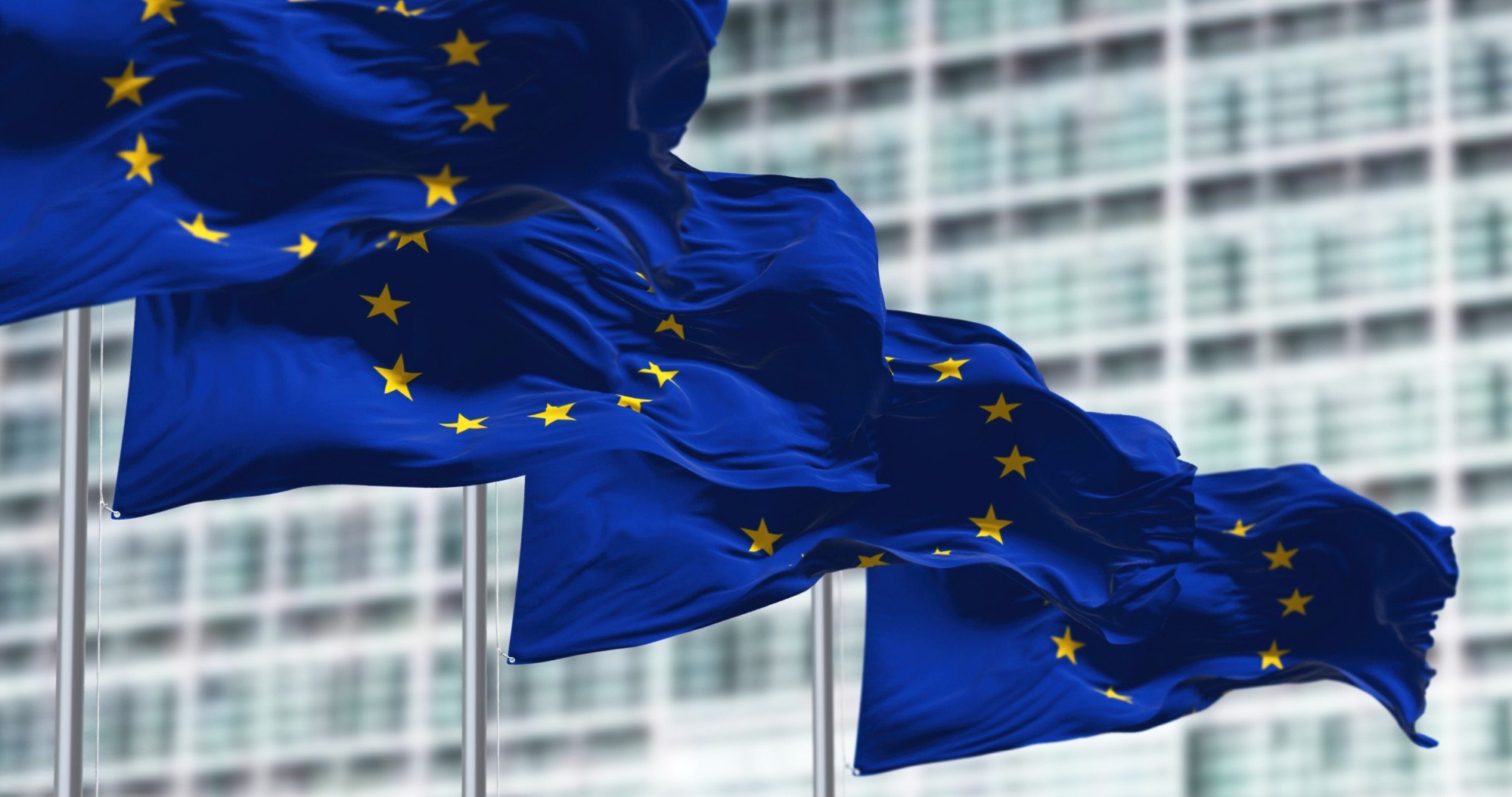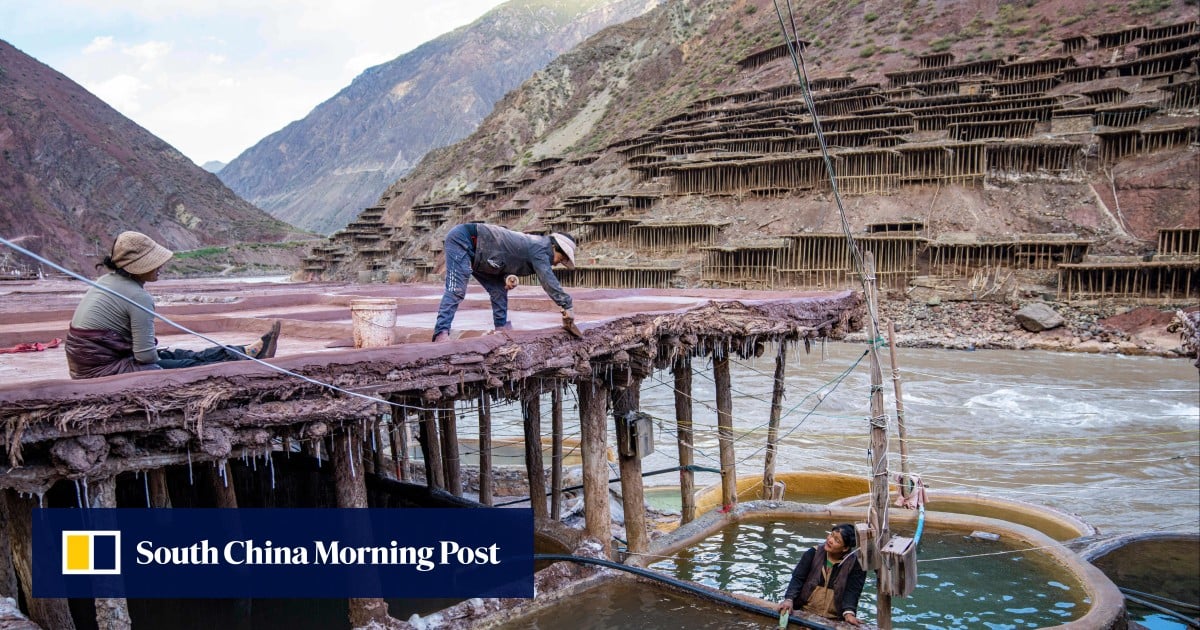“As it stands now, a side visit to Tibet is also being organised by the Chinese authorities for a small group of officials from the European External Action Service who follow human rights issues,” said Massrali.

The EU team will be led by Paola Pampaloni, the second-in-command on its Asia desk within the bloc’s diplomatic corps.
Last month, global advocacy group Human Rights Watch said the Chinese government since 2016 “has dramatically accelerated the relocation of rural villagers and herders in Tibet”.
The relocations, “often to areas hundreds of kilometres away”, the group added, have been described as voluntary by Beijing, which justifies them as improve people’s livelihood and protecting the ecological environment.
During that meeting in the Belgian capital, the bloc also raised the “deterioration in the situation of freedom of peaceful assembly and association, and freedom of expression in Hong Kong”, according to an EU statement on the talks.
China, the statement said, “focused on the situation and treatment of refugees and migrants in the EU and manifestations of racism and xenophobia in the EU”.
At 2022’s EU-China summit, a pledge was made to restart the talks.
The sanctions, still in place, pertain to human-rights conditions in Xinjiang, where the Chinese government has been accused of conducting widespread persecution targeting Uygurs and other ethnic Muslim groups across the region, located in northwest China.
Lawmakers have said that if the businesses are unable to perform the requisite due diligence on suppliers – as can often be the case in Xinjiang, where most Western auditors do not operate – they should leave the region in question.
Beijing countered that the allegations were “based on the disinformation and lies fabricated by anti-China forces and out of presumption of guilt”.

